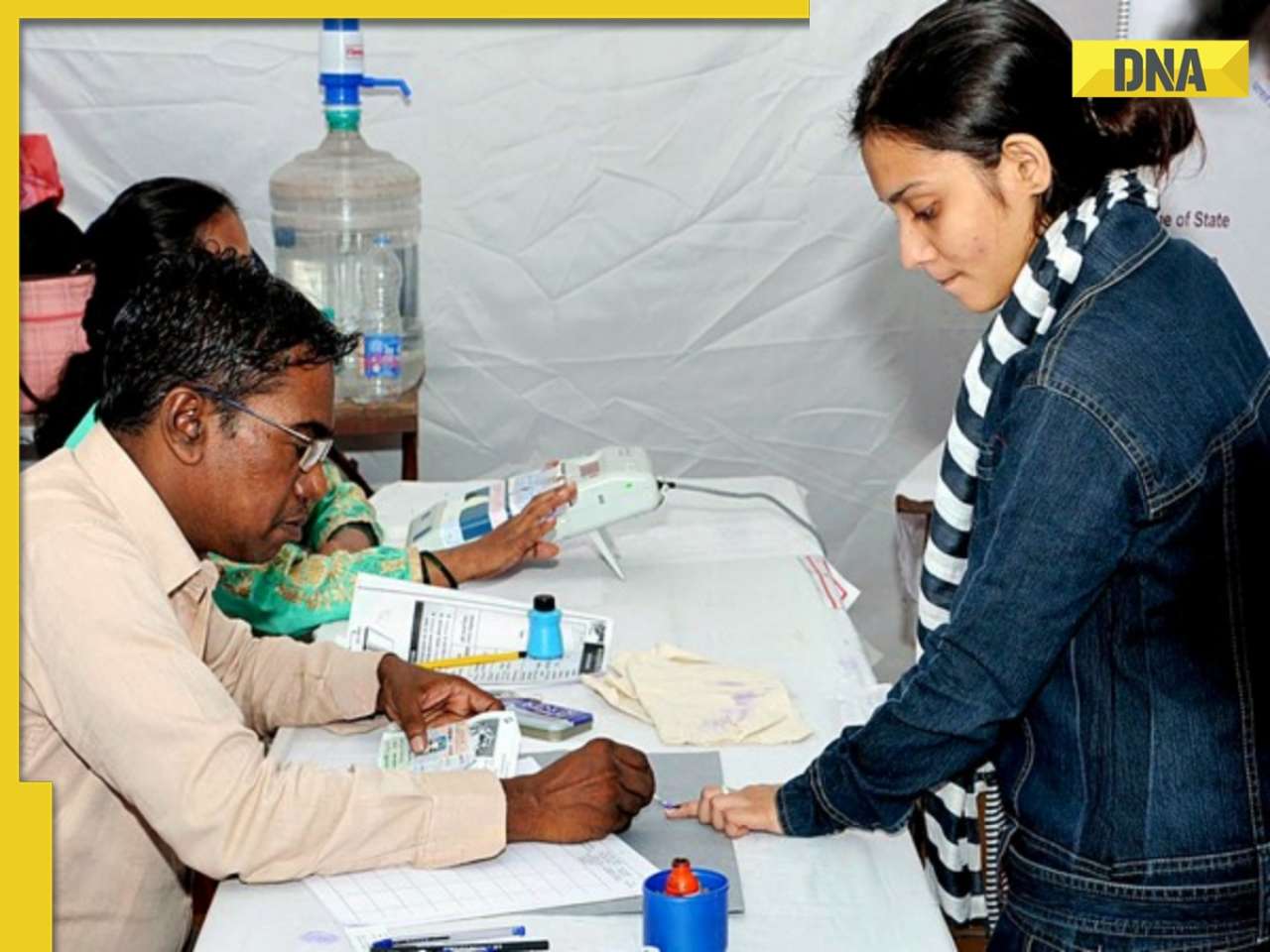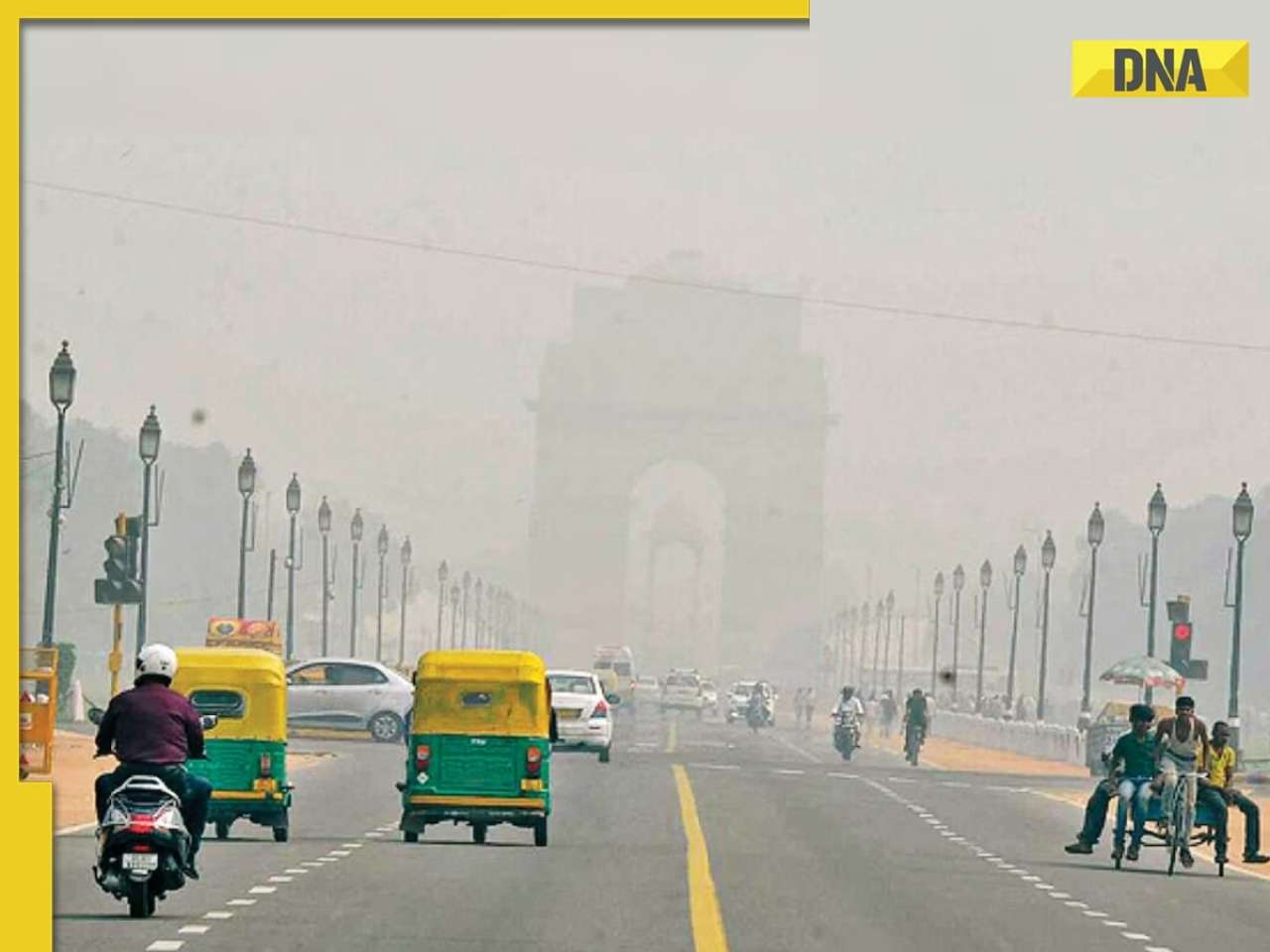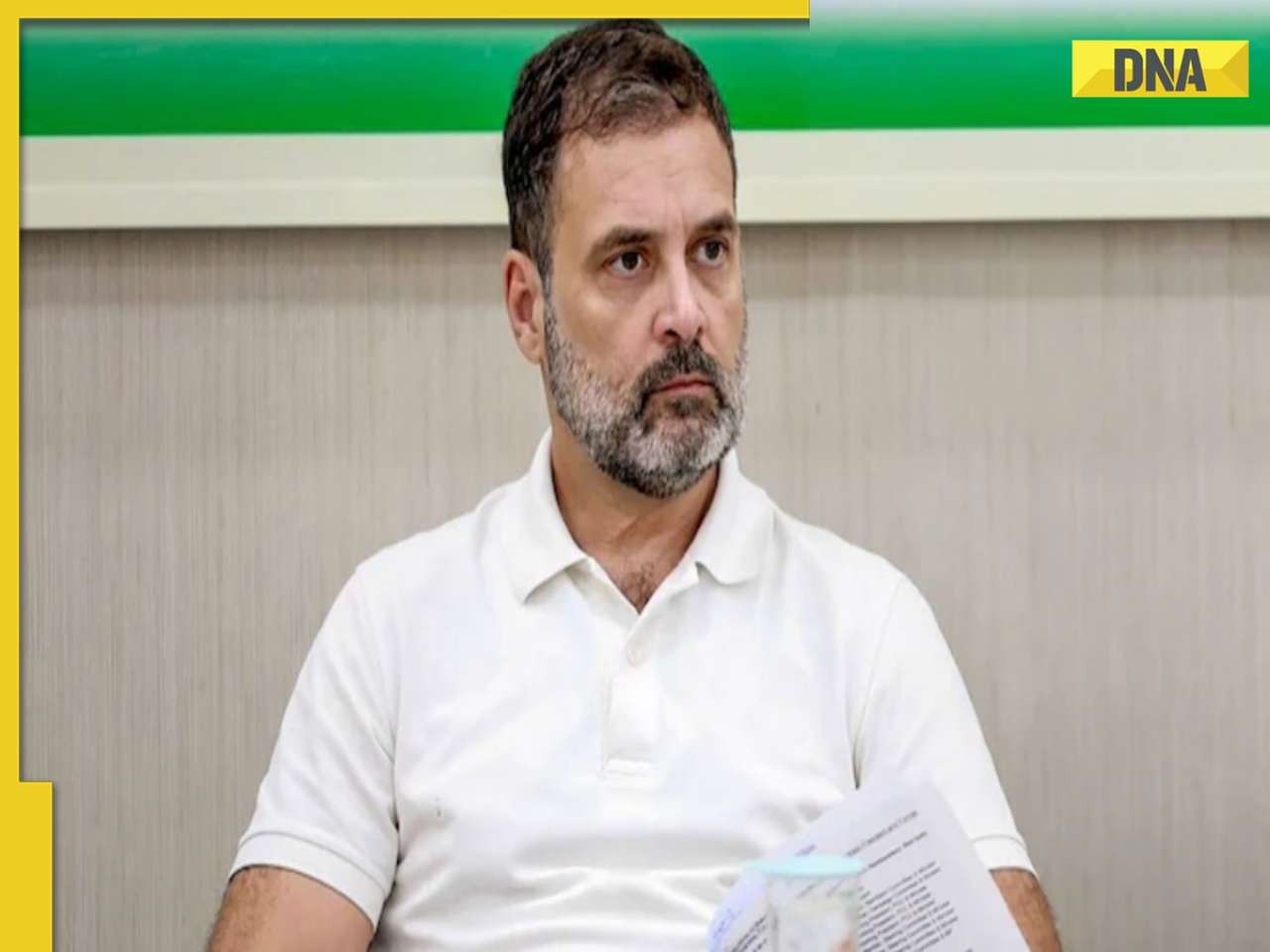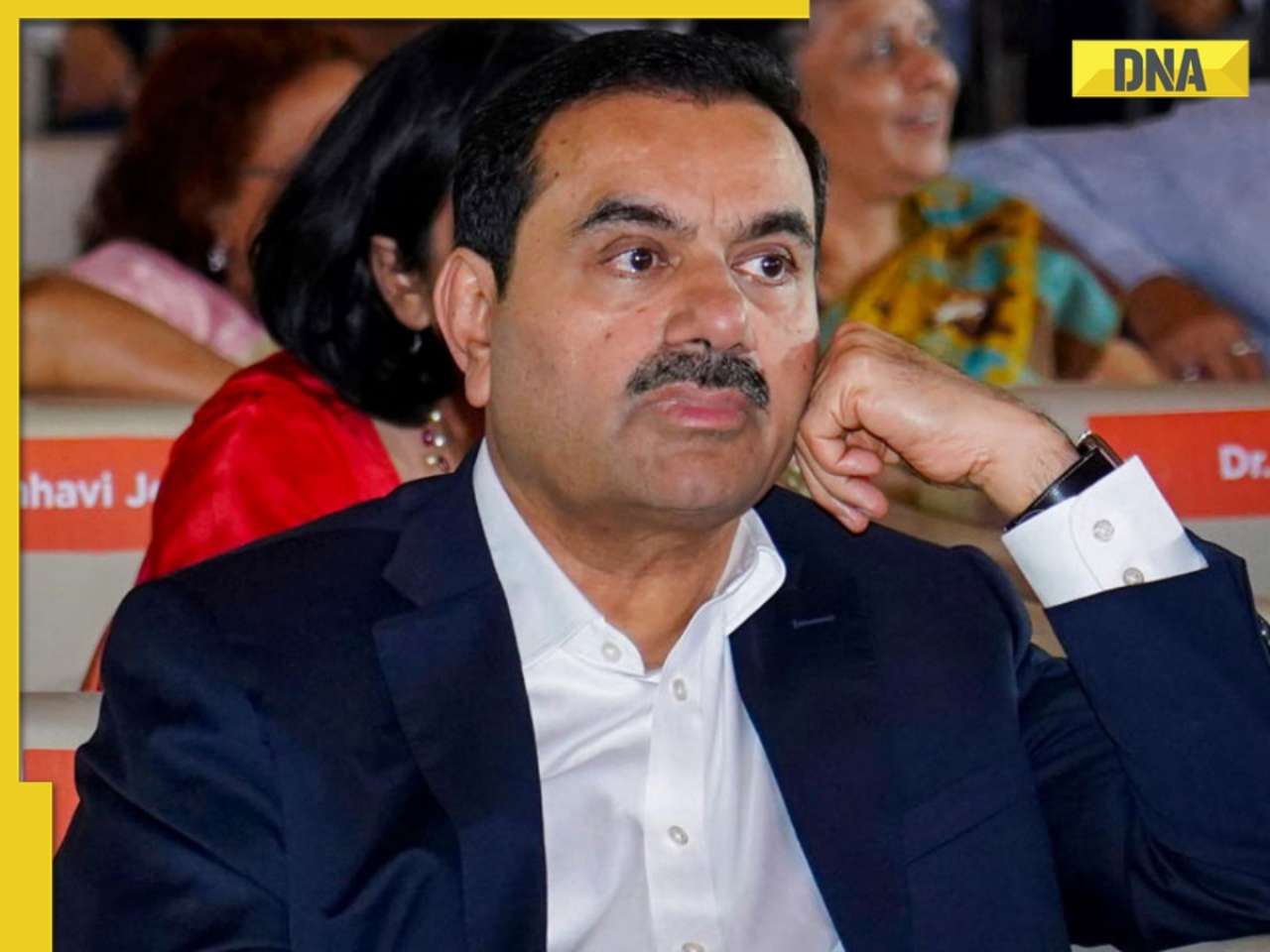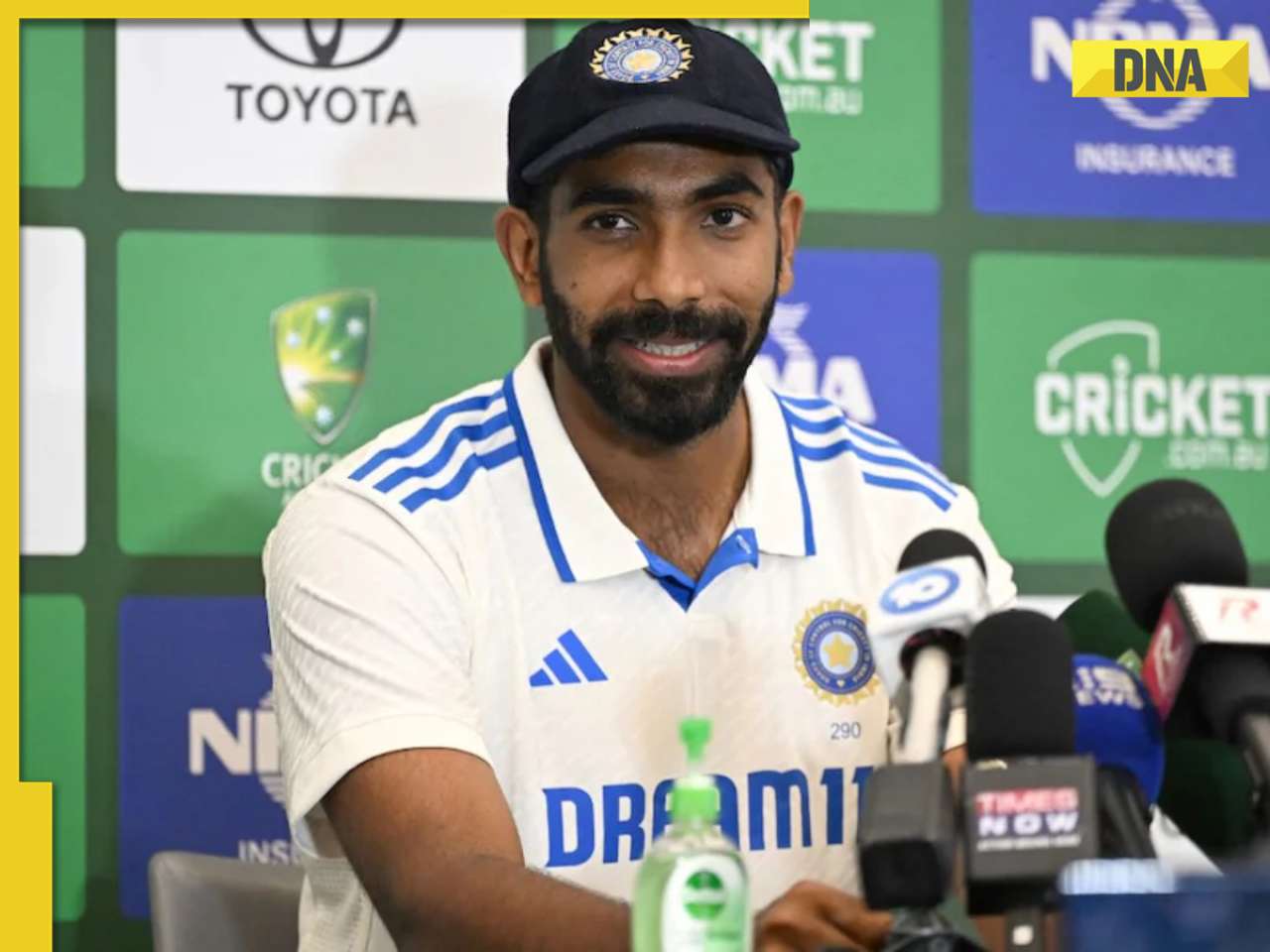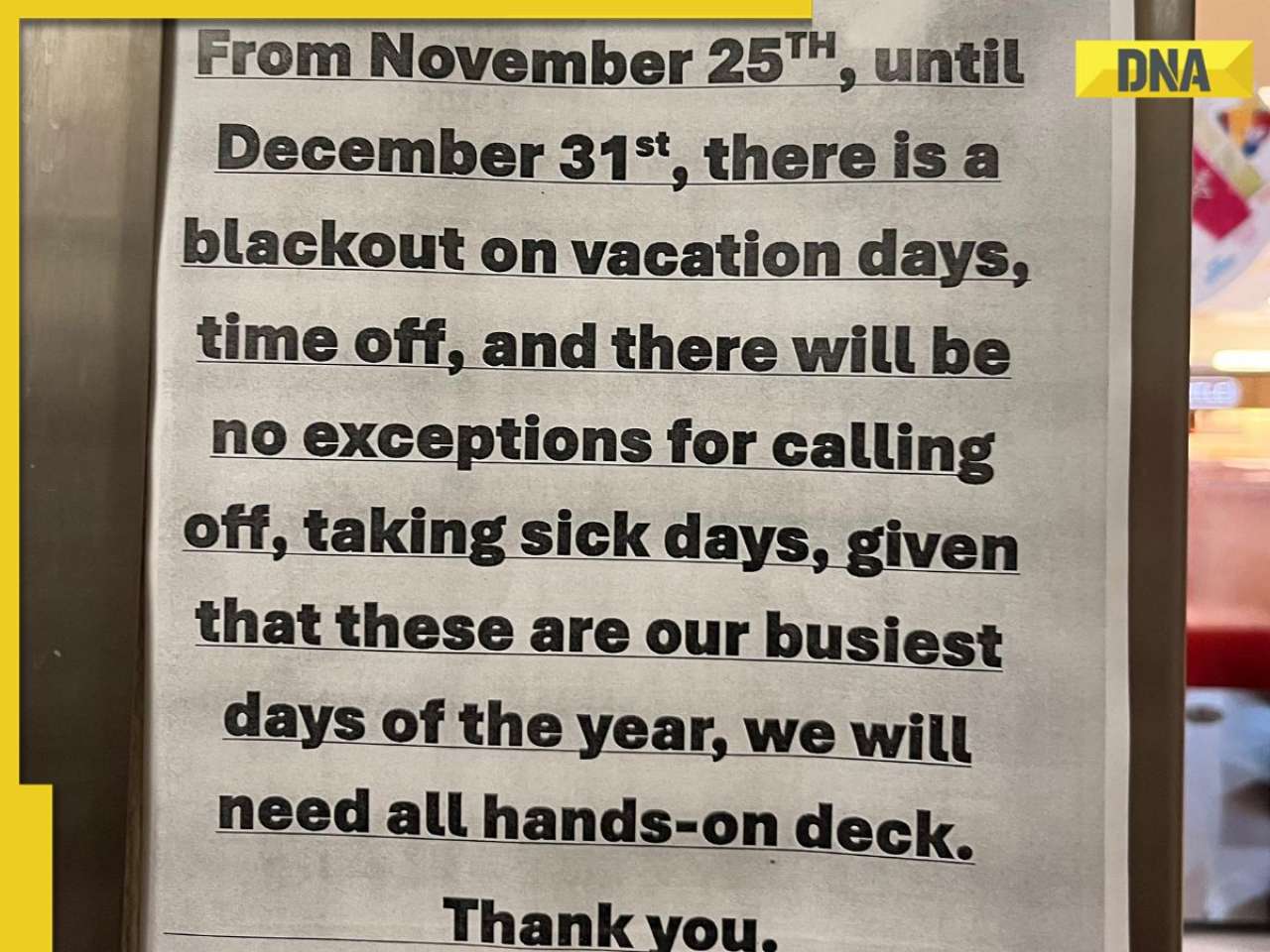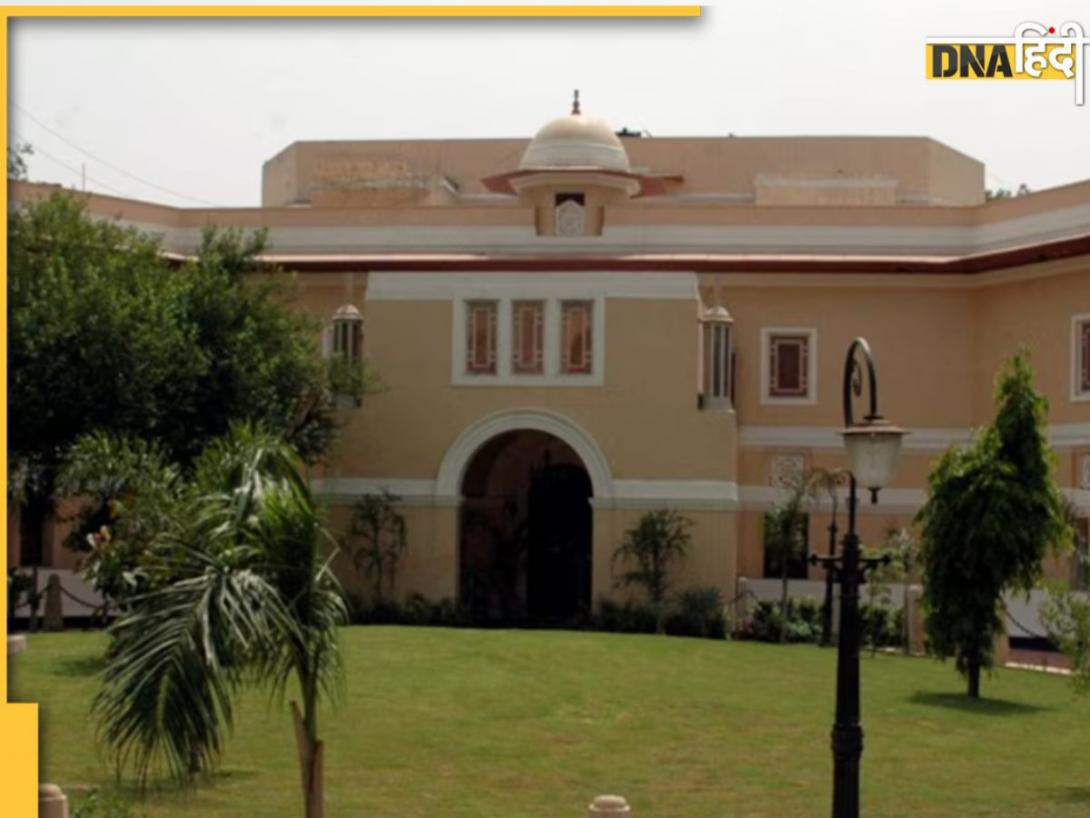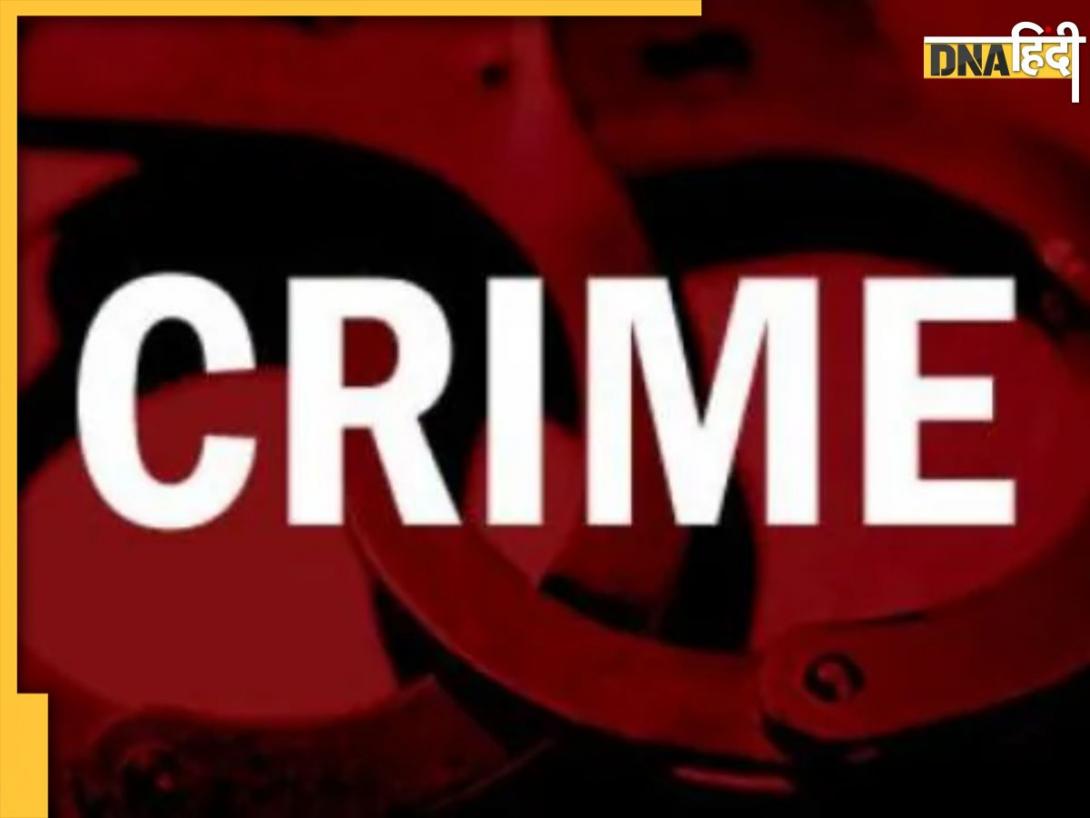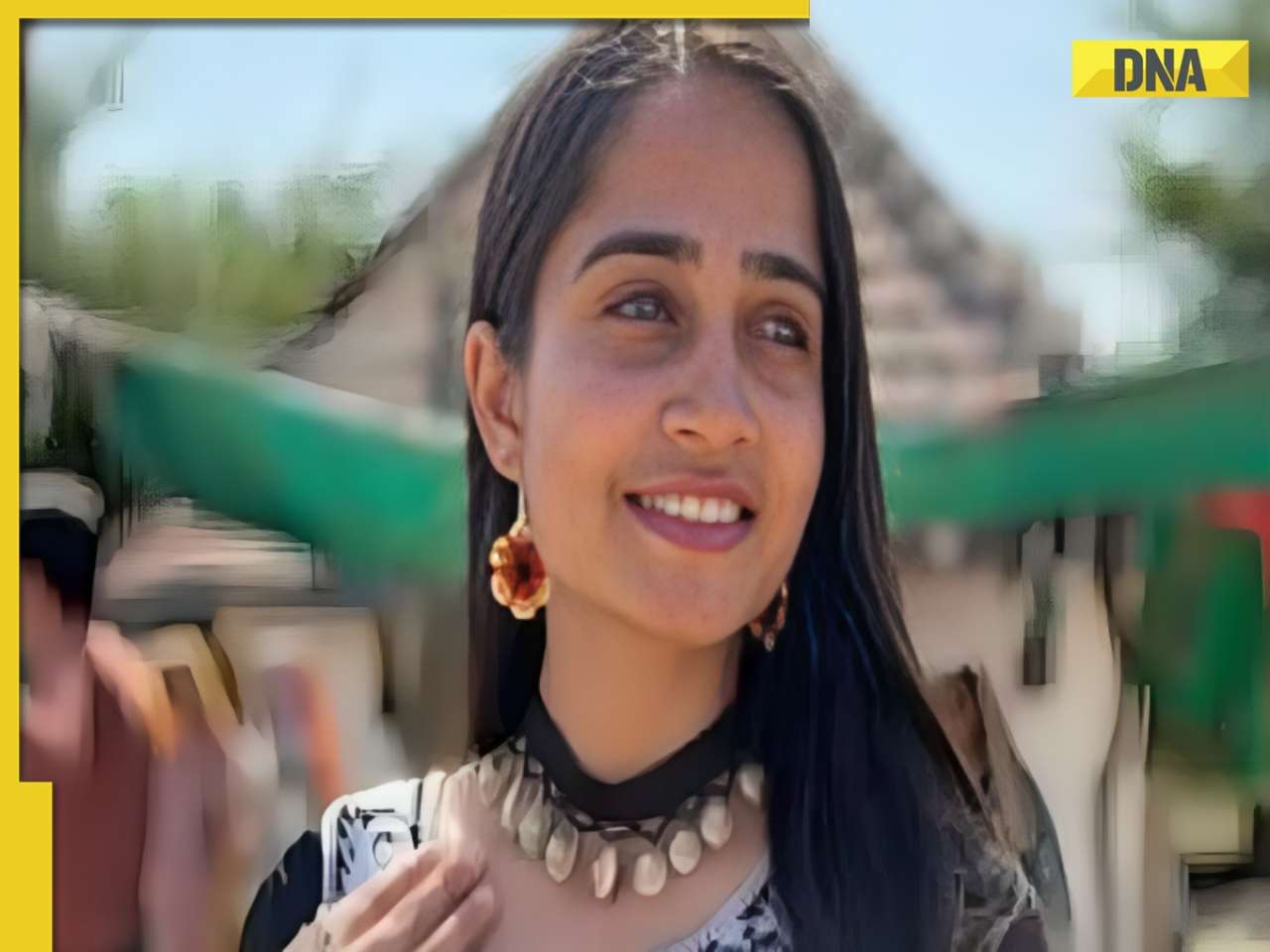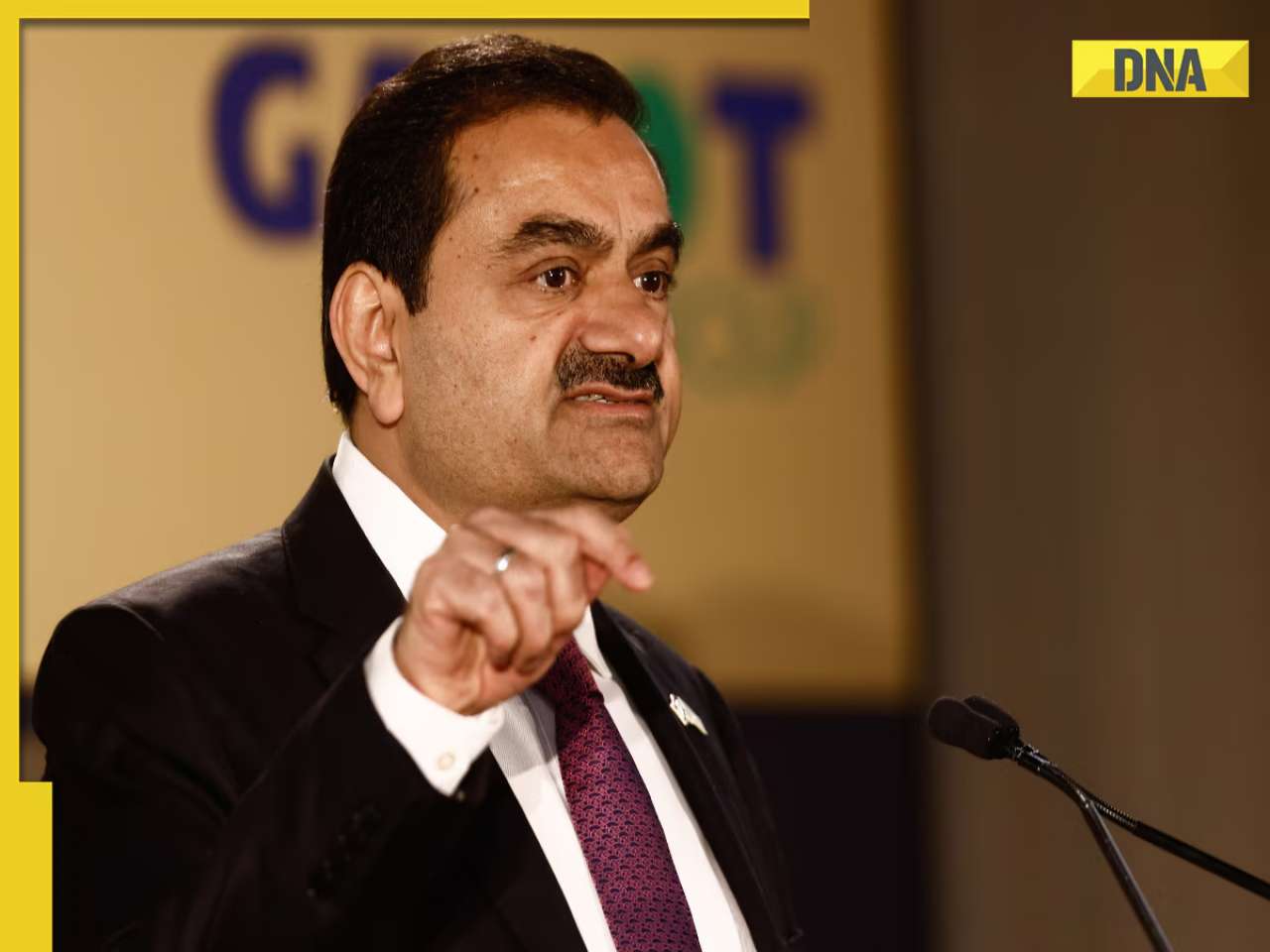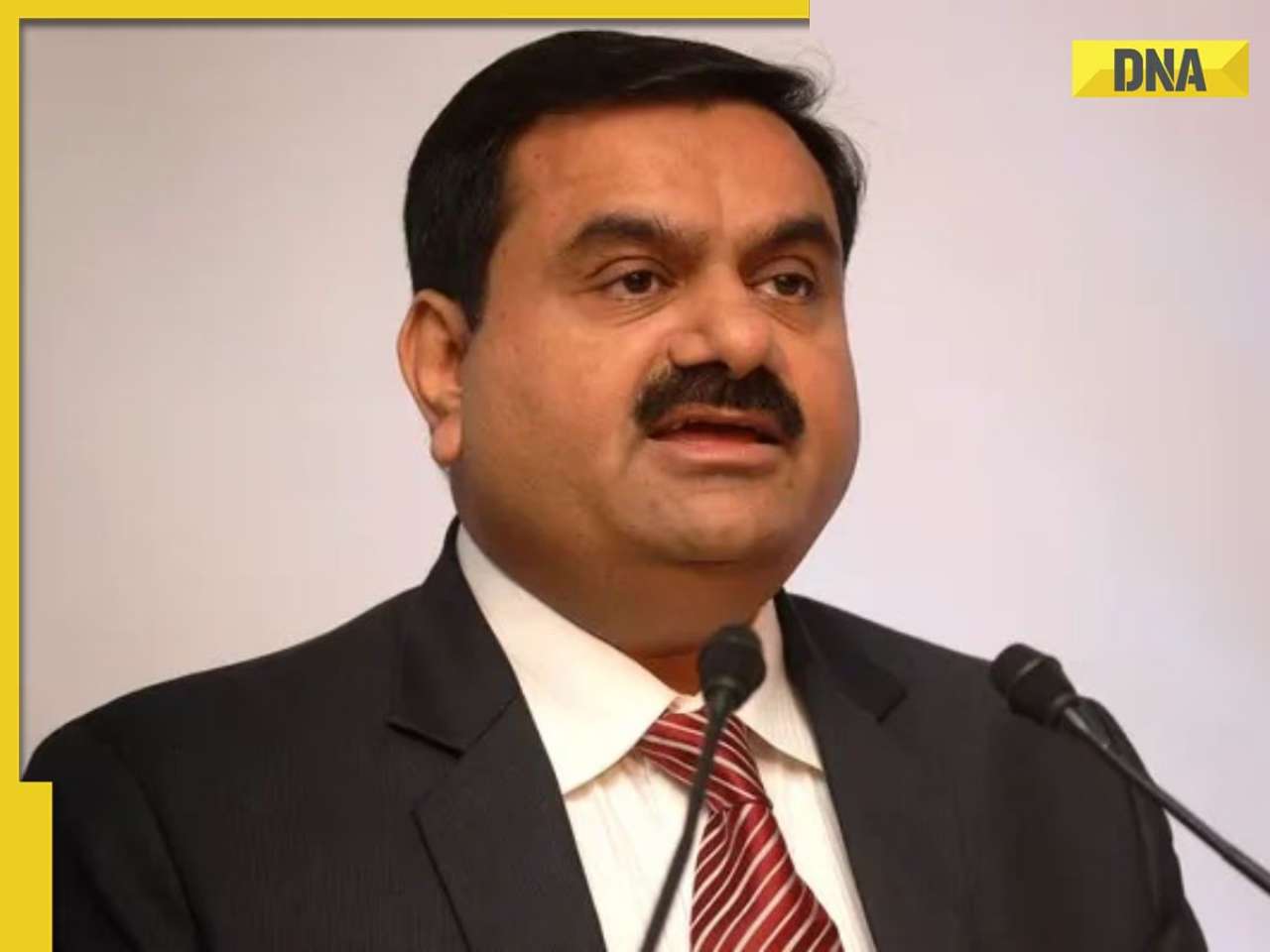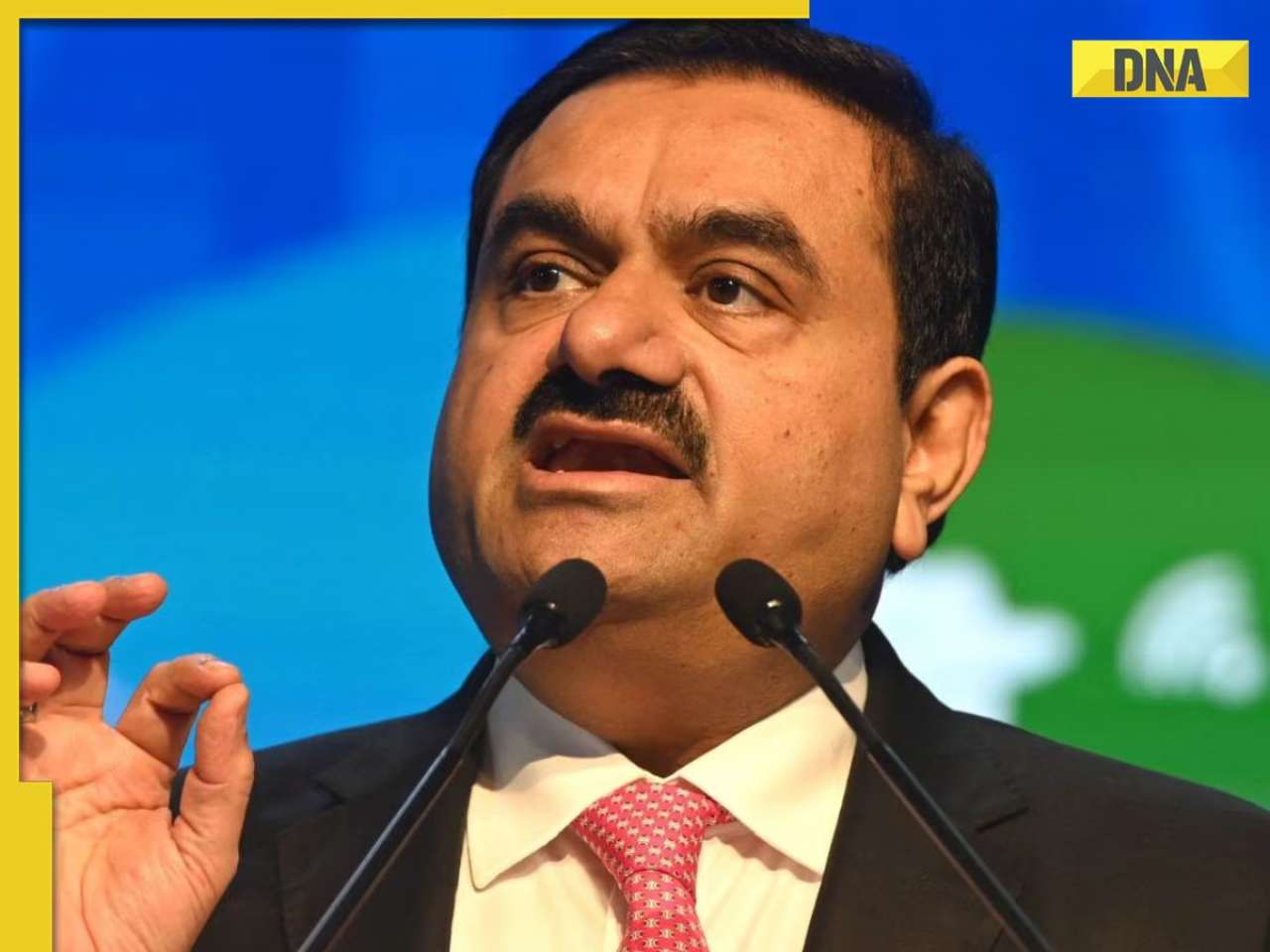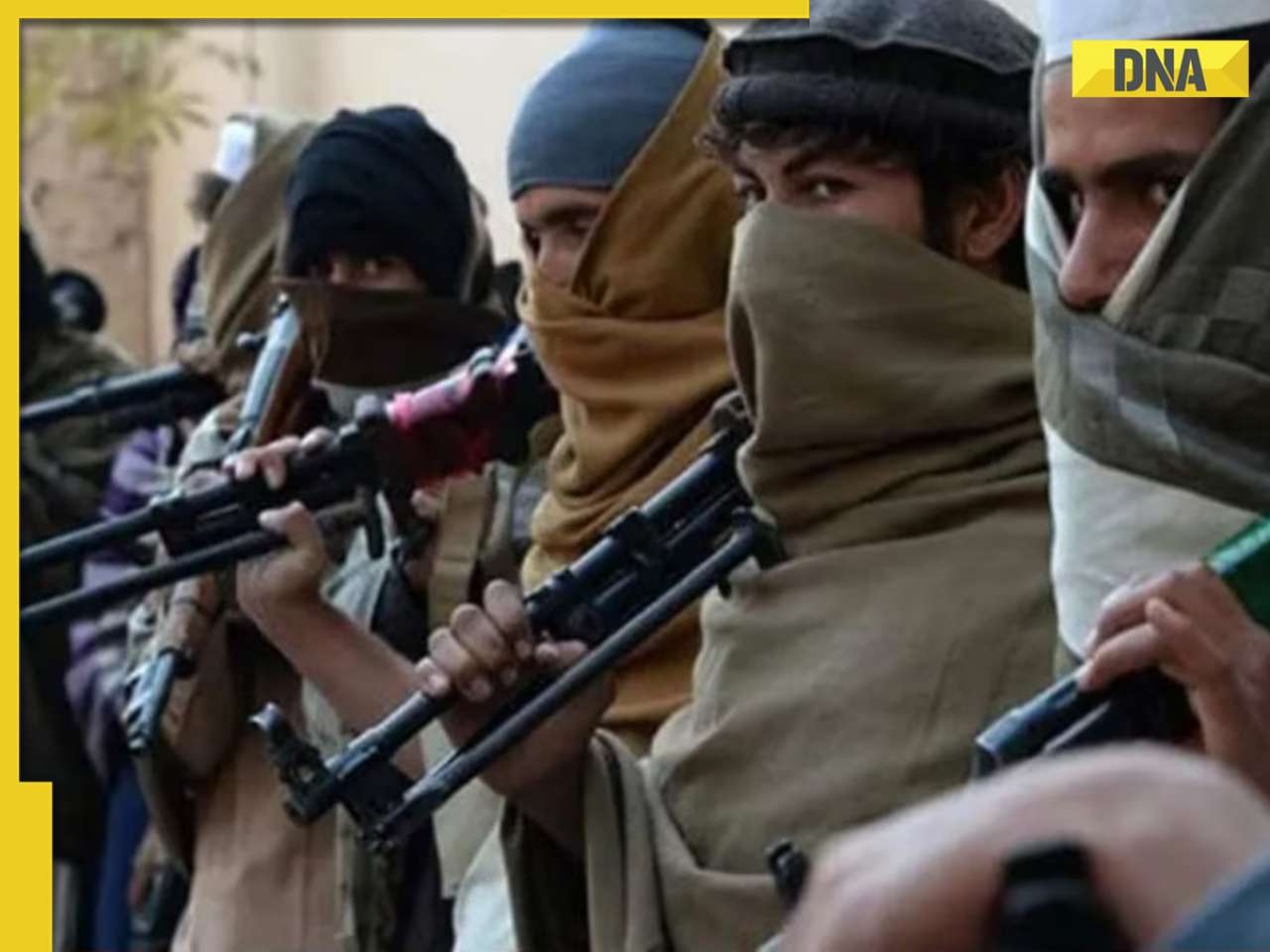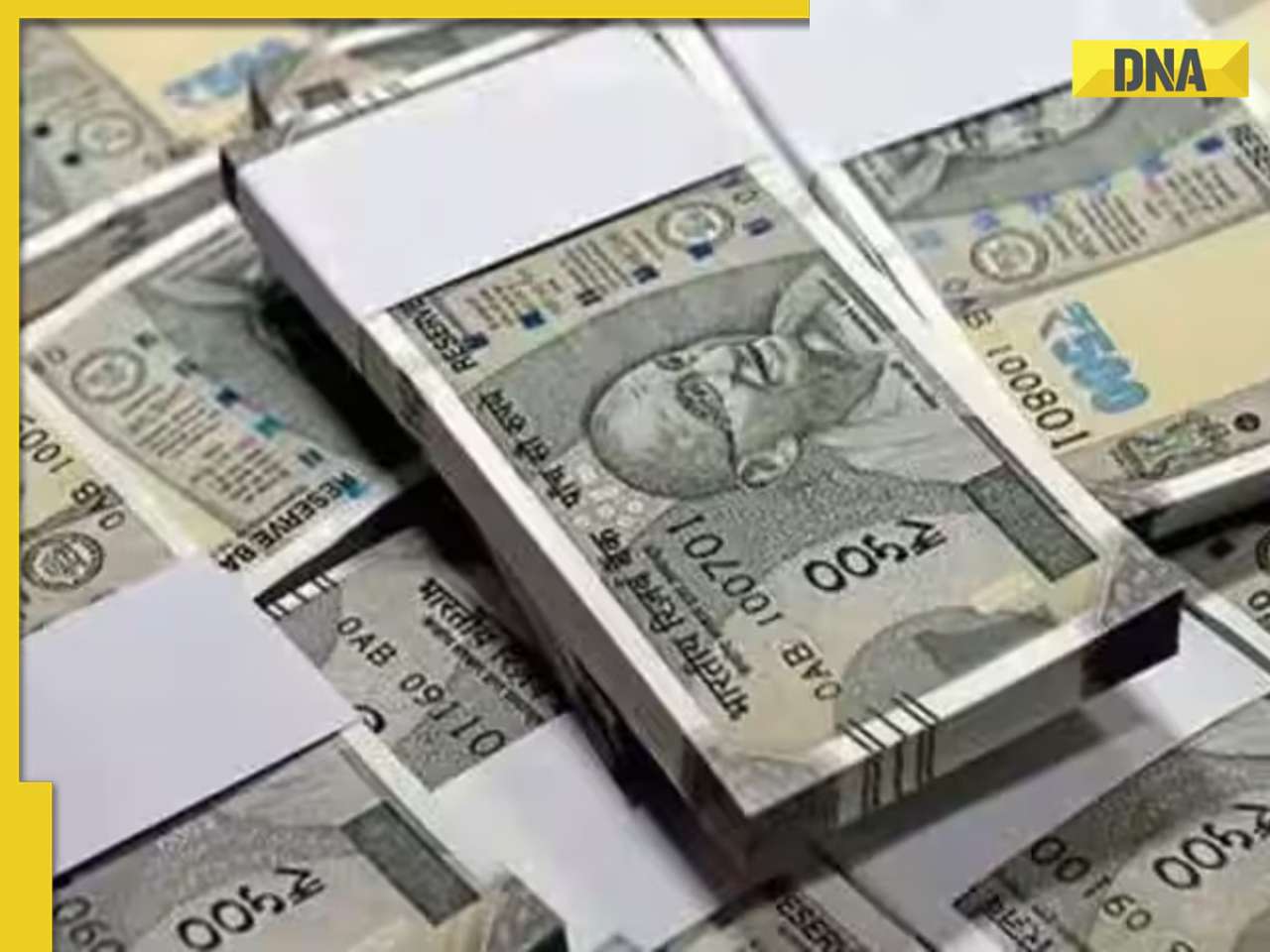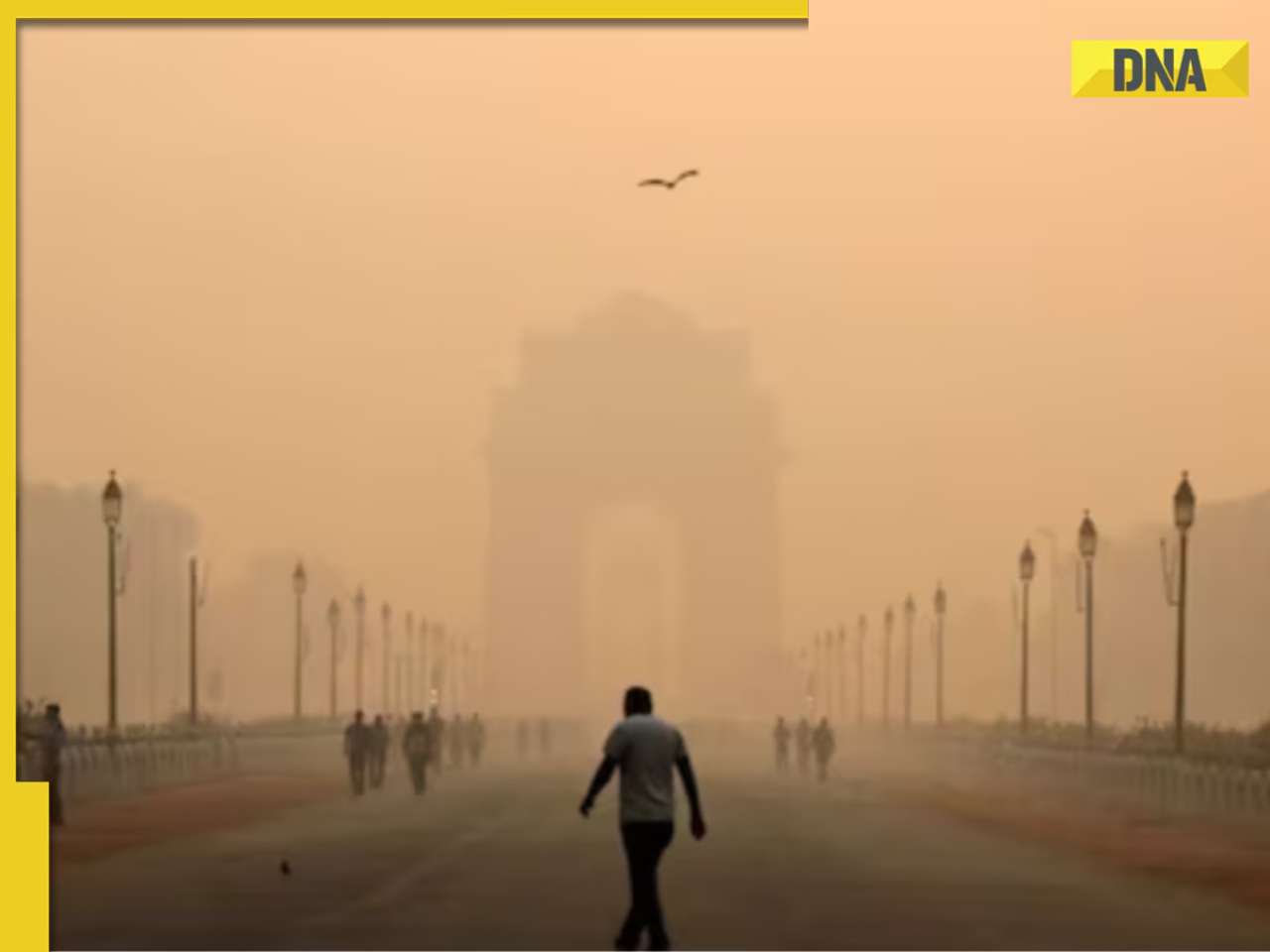- LATEST
- WEBSTORY
- TRENDING
EXPLAINER
Gaza Conflict Spurs Unlikely Partners: Hamas, Fatah factions sign truce in Beijing
The document suggests forming a unified Palestinian government to manage the Palestinian areas, which include Gaza and the Israeli-occupied West Bank. This government would also prepare for future general elections.
TRENDING NOW
On Tuesday (July 23), over 12 Palestinian factions, including rivals Fatah and Hamas, united under Beijing’s auspices and signed a declaration to create a temporary unity government. Chinese Foreign Minister Wang Yi has praised the agreement, called the ‘Beijing Declaration’, as a “historic moment for Palestine’s liberation”. However, experts doubt that this effort, facilitated by China, will overcome the deep-seated conflicts between these groups.
The talks that started, on Sunday (July 21), were the second time this year that representatives from Hamas and Fatah met in Beijing. China is carefully trying to increase its influence in the Middle East, especially during the ongoing Israel-Hamas conflict in Gaza. Regional experts believe China is using these talks to strengthen its diplomatic reputation as it aims to compete more with the US globally.
The document suggests forming a unified Palestinian government to manage the Palestinian areas, which include Gaza and the Israeli-occupied West Bank. This government would also prepare for future general elections.
Chinese state media swiftly highlighted the announcement as a significant achievement. The Global Times claimed that China had once again empowered global peace and stability in a world full of turmoil. Similarly, state news agency Xinhua called the agreement an instance of China’s efforts to nurture a global community with a common future.
Hamas, the Islamist militant group that ruled the Gaza Strip until the recent conflict, and Fatah, the secular political party that runs the Palestinian Authority in parts of Israeli-occupied West Bank, had a fierce civil war in 2006-2007. During this conflict, Hamas took control of Gaza, and the two groups have been strongly opposed to each other ever since.
The agreement was reached just weeks after tensions seemed to rise between the two groups. Fatah leader and Palestinian President Mahmoud Abbas blamed Hamas for the conflict, and said it was legally, morally and politically to blame. In response, senior Hamas officials accused Fatah of siding with Israel.
Khaled Elgindy, director of the Middle East Institute’s programme on Palestine and Israeli-Palestinian affairs, noted that many attempts to unite the two main Palestinian political groups had failed over the years. Even this time, experts are sceptical about the ‘Beijing Declaration’ succeeding, according to Foreign Policy media house.
Elgindy said he did not see much new there and added that there had been many agreements, starting with that in Cairo in 2011. He also mentioned the recent Moscow statement, referring to past mediation efforts. Russia has hosted several talks among Palestinian factions in Moscow, the latest being in February.
Elgindy pointed out that the ‘Beijing Declaration’ did not include a plan on how to put its promises into action. A senior Fatah official, speaking anonymously to Israeli newspaper Haaretz, mentioned that the agreement was mainly signed out of respect for their Chinese hosts.
Assaf Orion, director of the Israel-China programme at the Institute for National Security Studies, told Foreign Policy that he saw this as China’s quest for a cheap diplomatic reputation. He said it was mostly about appearances, allowing China to present itself as an important power broker in the Middle East, a role traditionally held by the US. Beijing has had long-standing ties with the Palestinians and was one of the first countries to recognize a Palestinian state in 1988.
Ahmed Aboudouh, an expert on China’s growing influence in the Middle East at Chatham House—a renowned British think tank—said China’s push for Palestinian unity sent a strong message to countries in the Global South and the Islamic world. These regions have reacted strongly against Israel’s harsh military actions in Gaza.
By taking this stance, Beijing aims to position itself as an alternative to the Western-led order in an increasingly multi-polar world. The US has traditionally led diplomatic efforts between Israelis and Palestinians. It is also involved with Qatar and Egypt in trying to broker a cease-fire between Israel and Hamas and to secure the release of the remaining hostages in Gaza. China’s efforts at making a deal among the Palestinian factions show its strategy of focusing on smaller parts of major crises.
Although few breakthroughs are expected from the recent talks in Beijing with the Palestinian factions, Elgindy said political reconciliation between Hamas and Fatah would be crucial for effective governance in Gaza after the war. With Israeli Prime Minister Benjamin Netanyahu determined to eliminate Hamas following its attack on October 7, 2023, the US sees the Fatah-led Palestinian Authority as the best option to take control in Gaza after the conflict ends. However, Netanyahu has firmly rejected this idea.
Even though the war has greatly weakened Hamas’s military and governing abilities, US officials and experts doubt that the group and its ideology can be completely eliminated. This means that, without some sort of agreement between the two groups, Hamas could disrupt things in Gaza if the Palestinian Authority returns to govern the area. According to Elgindy, the Palestinian Authority could not return to Gaza and function without at least some cooperation from Hamas.
(The author of this article is a Defence, Aerospace & Political Analyst based in Bengaluru. He is also Director of ADD Engineering Components, India, Pvt. Ltd, a subsidiary of ADD Engineering GmbH, Germany. You can reach him at: girishlinganna@gmail.com)
Disclaimer: The views expressed above are the author's own and do not reflect those of DNA
Find your daily dose of news & explainers in your WhatsApp. Stay updated, Stay informed- Follow DNA on WhatsApp.
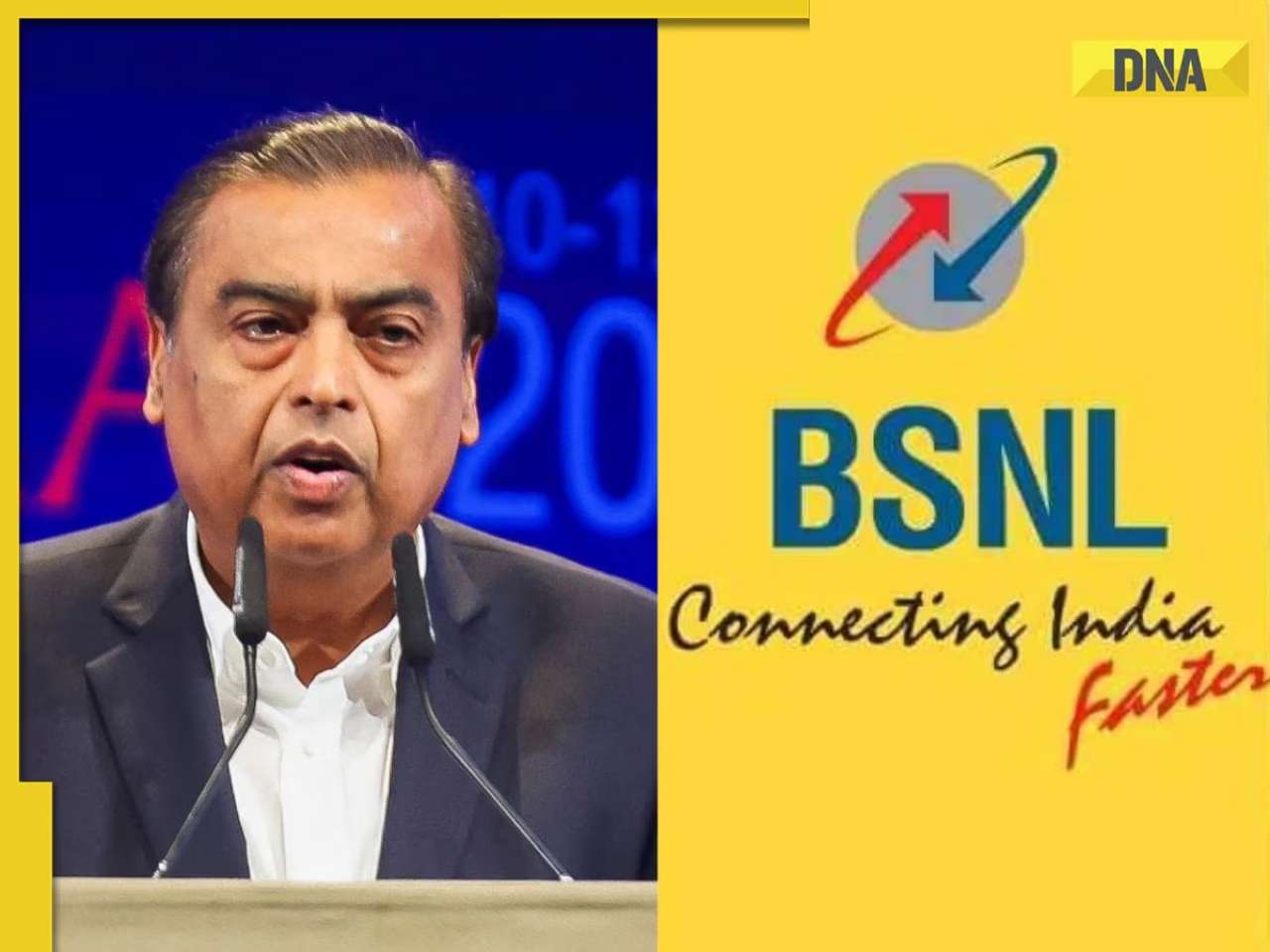
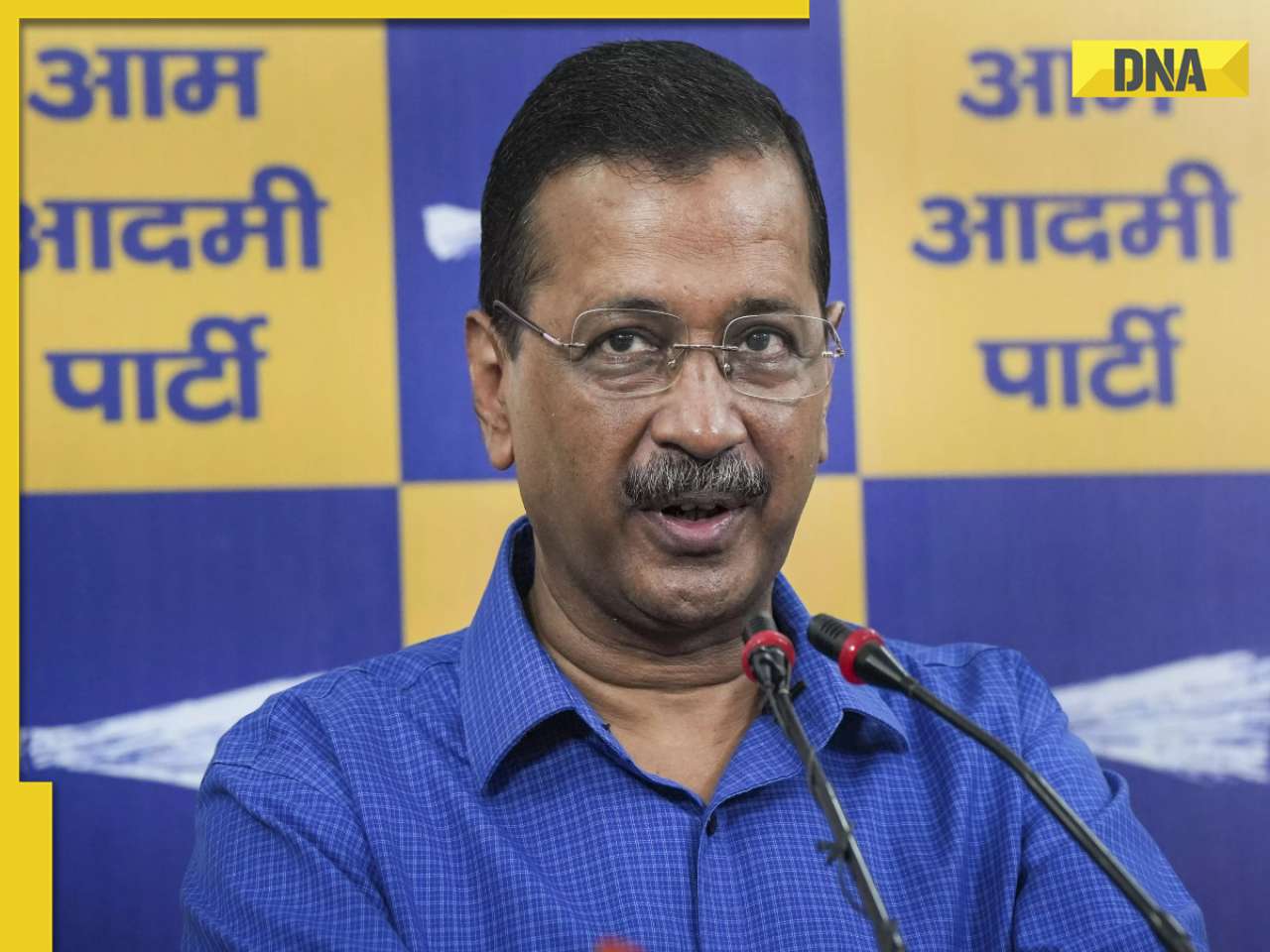
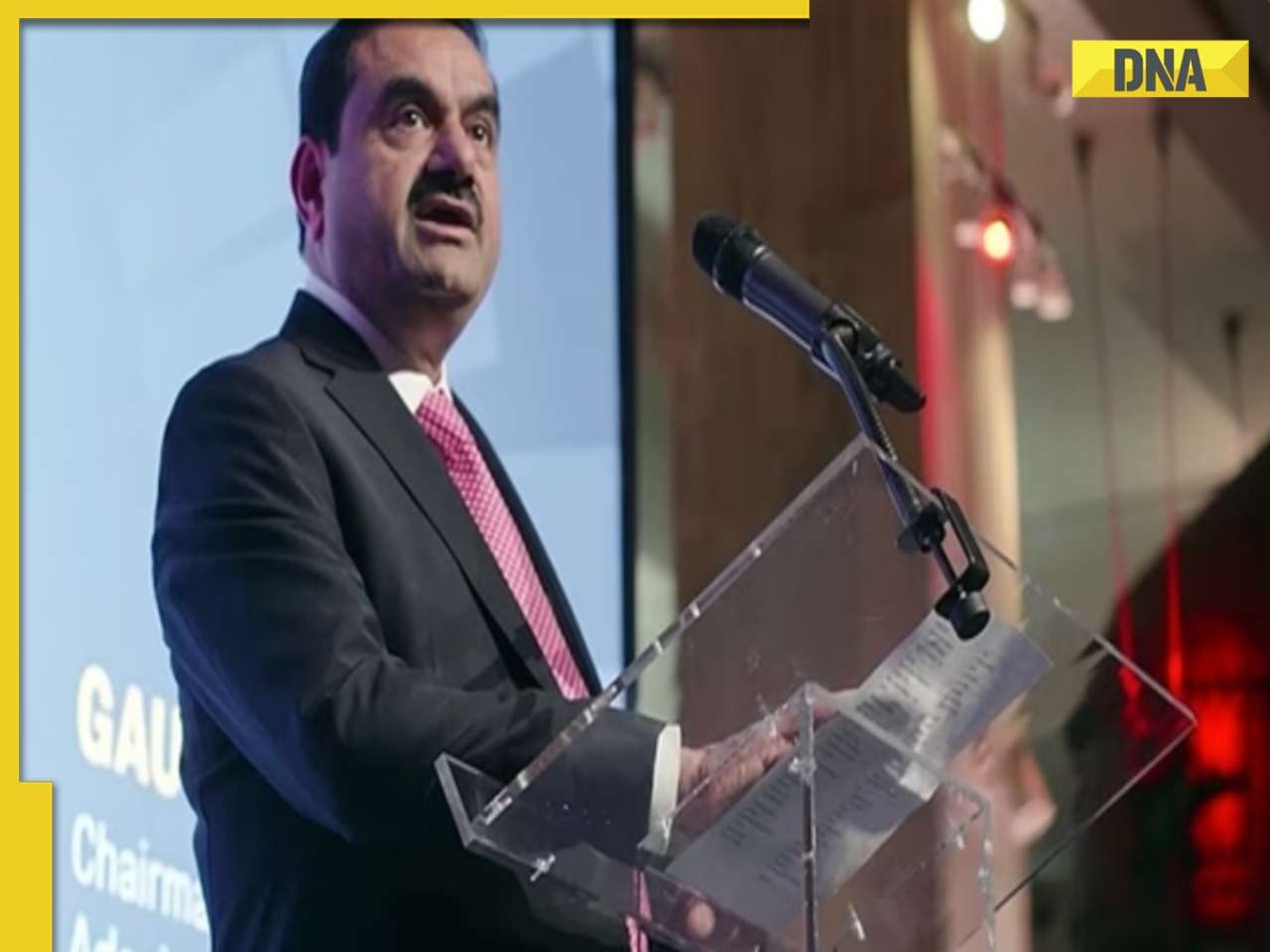




)
)
)
)
)
)
)
)
)
)
)
)
)
)
)
)





